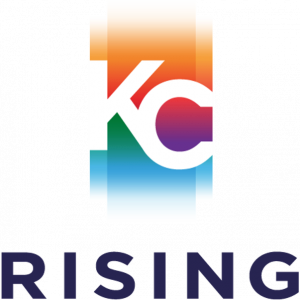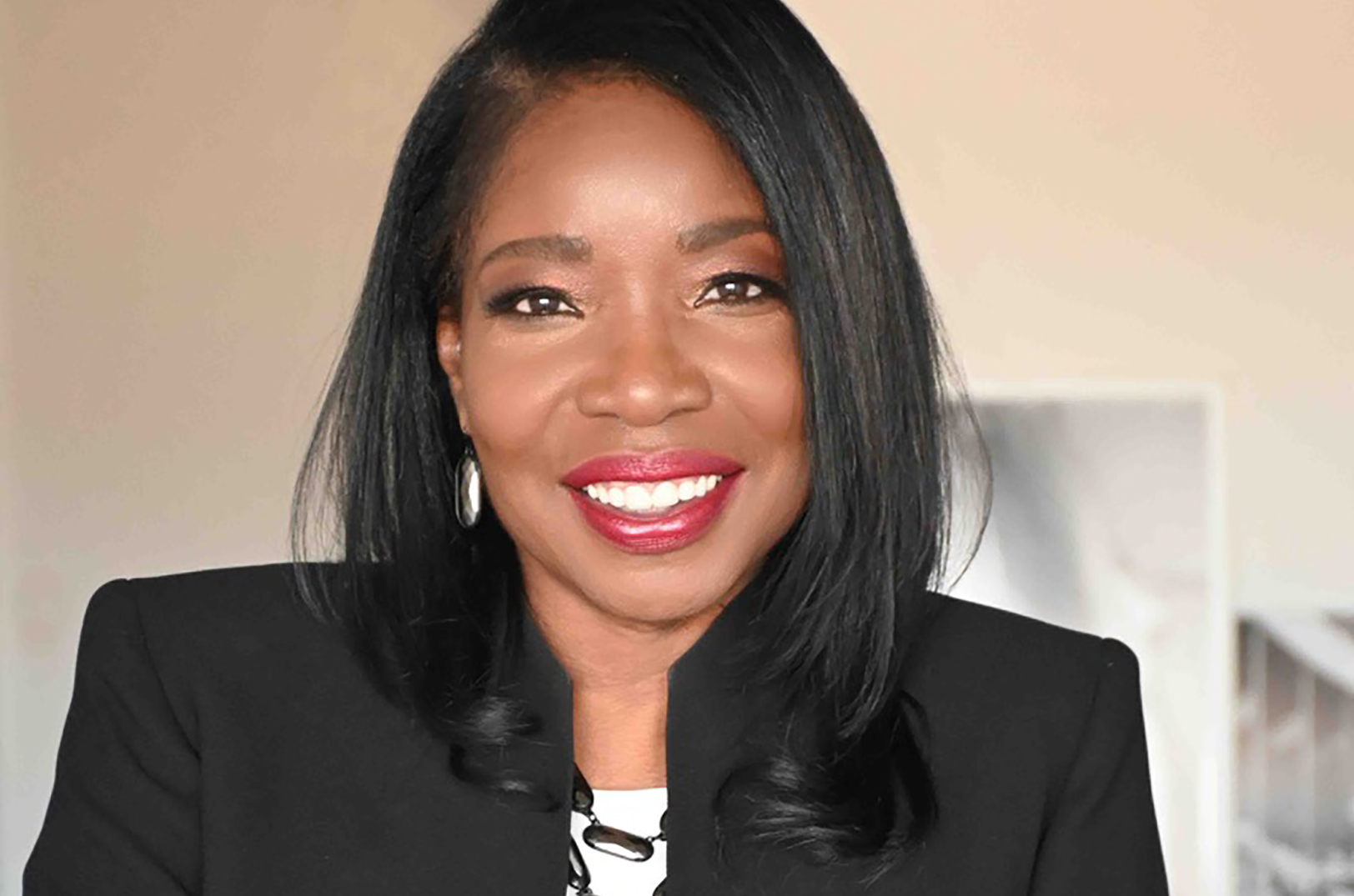Editor’s note: The following story was sponsored by KC Rising, a regional initiative to help Kansas City grow faster and more intentionally, as part of a campaign to promote its CEO-to-CEO Challenge on supplier diversity.
Don’t try to fake your way through diversity initiatives for optics, advised Mary Shannon, noting half-hearted commitment to efforts like supplier diversity — which promote equity and shopping local in buying decisions — are easily spotted.
“Consumers today are tech savvy and increasingly knowledgeable about the brands where they choose to spend their money. They understand what the companies they’re buying from believe in,” said Shannon, pivoting to the grace offered by KC Rising’s CEO-to-CEO Challenge cohort. “But we also have to recognize that everyone needs a starting point.”
CEO-to-CEO Challenge
The CEO-to-CEO Challenge is powered by Connectus Worldwide, KC Rising and KCSourceLink in collaboration with the Civic Council of Greater Kansas City and the Greater Kansas City Chamber of Commerce.
Click here to take the challenge.
The CEO-to-CEO Challenge — organized by KC Rising and executed by Shannon’s consulting firm Connectus Worldwide — encourages and empowers corporate CEOs to increase spending with diverse small businesses (and urging others to do the same) while also helping those leaders develop and sustain supplier diversity initiatives for the long haul.
“It has to be part of the corporate strategy, but more importantly it has to be part of the company’s DNA,” said Shannon, founder of Connectus Worldwide, itself a Kansas City small business that specializes in the delivery of services to minority, woman-owned, veteran, and LGBTQ business enterprises, as well as majority organizations seeking to connect and do business with diverse businesses.
“Supplier diversity is external facing, so it touches the community. It touches small businesses and job creators. It uplifts the community,” she said. “So you have to understand the economic impact that your program and your company could have in terms of closing generational wealth gaps.”
Click here to see which companies were among the first dozen to join the CEO-to-CEO Challenge.
Keeping the ball moving
Shannon is no stranger to supplier diversity work, having spent years managing such programming for Hallmark Cards.
There, she developed a proactive program for supplier identification, supplier growth and development, strategic planning, and program measurement, which resulted in increased and effective utilization of diverse suppliers throughout the corporation, she said. In her role, Shannon collaborated with internal executives, business partners, and stakeholders, as well as external colleagues across the country for the betterment of her program.
Click here to learn more about Shannon’s years of expertise.
Expertise behind the scenes
Mary Shannon is on the Leadership Council for the National Small Business Association in Washington D.C., in addition to serving two consecutive terms as co-chair of the National Minority Supplier Development Council’s (NMSDC) “The Working Group.”
She is a Black Achiever in Business and Industry, Southern Christian Leadership Conference of Greater KC and the Black Achievers Society.
That experience translates well to her work guiding the CEO-to-CEO Challenge’s initial cohort of 12 Kansas City companies, she said. These early adopters of the pledge are experiencing trends — and needs — Shannon has seen across the country, she added.
“Depending on the level of top-down commitment, there often are challenges and barriers to communicating the business case for supplier diversity efforts — helping internal and external people understand why this work is important; why it’s a journey. It’s not an initiative you can start today, then if another priority comes up, drop the ball and pick it up again later,” Shannon said. “Supplier diversity is something that needs to have continual support and commitment.”
Rooting these efforts in an authentic desire to build an inclusive supply base not only provides diverse perspectives, but boosts the bottom lines of companies across the multicultural marketplace, she continued.
“We know small businesses create two out of every three net new jobs. We know they’re the backbone of the economy. We know how they impact the GDP,” she said. “So it’s also important to understand the impact the supply chain has — and how our choices of suppliers are not just about doing the right thing, they’re about creating a competitive advantage.”
Built into the fabric
The CEO-to-CEO Challenge embraces the fellowship and difference within its cohort, Shannon said.
“Some elements of a supplier diversity program are going to be inherent, no matter where you are,” she said. “But the strength of having companies in a cohort is that where their programs diverge because of different industries or resources or cultures, they can look to their peers for ideas that work and bring them back to their programs.”
The first 12 companies in the cohort have competing priorities, Shannon acknowledged, noting a desire to create a safe space where its members can grow and build value together through knowledge sharing.

Save the Date
KC Rising’s annual Horizon celebration is planned for 4 p.m. May 11. Click here for tickets to the in-person event.
“We want the companies to participate, engage and commit in a space that is not based on a pressure cooker-type of environment,” she said. “It allows them time and room to invest, give input at all points of the journey, listen to their peers, and perhaps obtain that ‘aha’ moment they can take back to their companies.”
Cohort members’ existing supplier diversity efforts may range in age from early stage to decades old, Shannon added.
“Our program’s format also allows for companies with much more experience to come and share how they built supplier diversity into the fabric of their business,” she said, specifically noting a recent industry best practices workshop presented to the cohort that featured representatives from the Walt Disney company, which has had a supplier diversity program for 36 years.
“None of this happens overnight. Hearing that from a company the size of Disney helps our cohort understand that you have to put in the work; you must have top-down support from the CEO; and people have to understand why you’re doing it, the business case,” Shannon reiterated.
“You’re also not alone — no matter whether you’re in Kansas City or in Disney’s offices in Florida or California.”
Click here to learn more about taking the CEO-to-CEO Challenge. Neither the size of a company nor revenue matter, Shannon emphasized, noting the most critical requirement is a consistent commitment to supplier diversity.





































